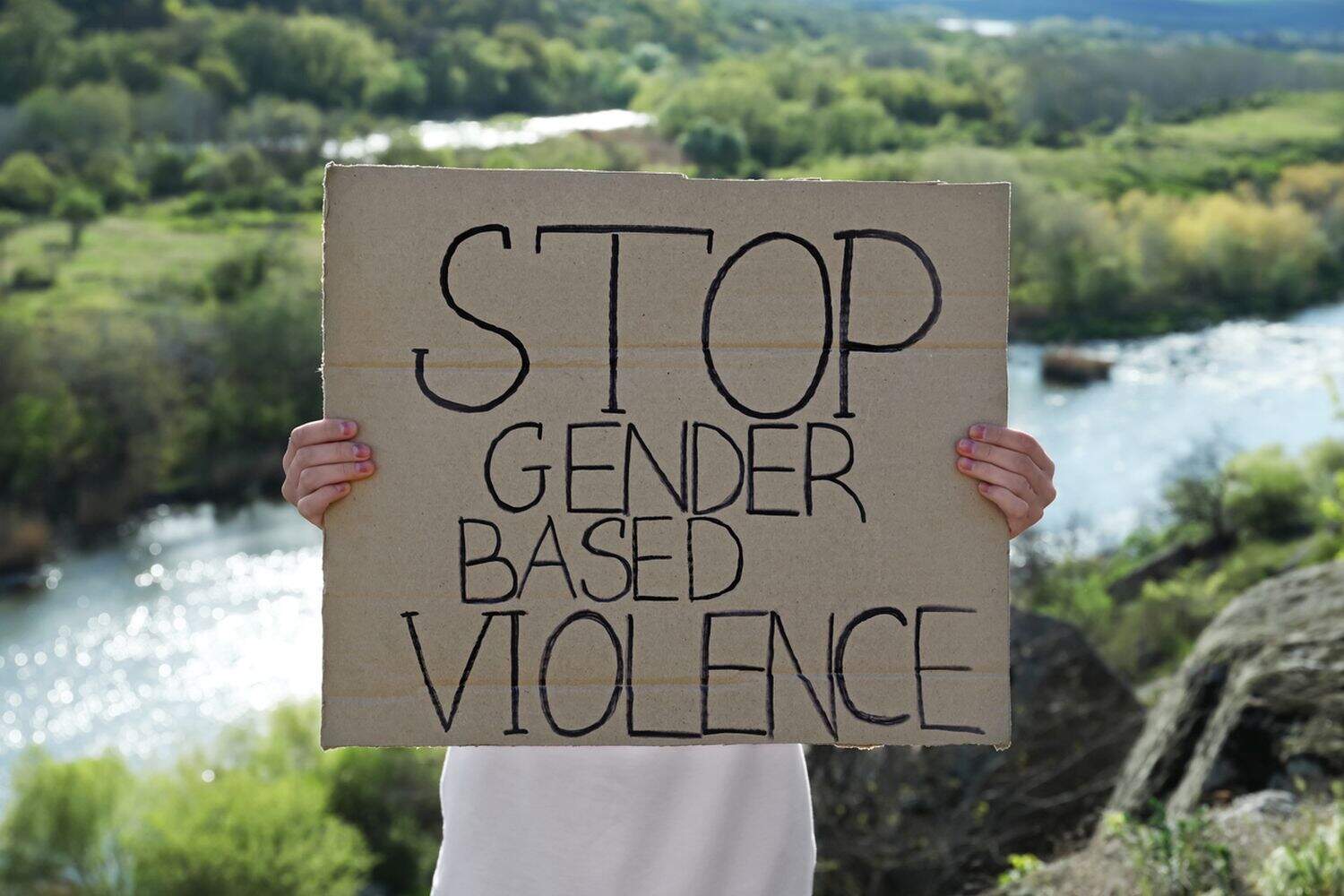Declaring GBVF as a national disaster would’ve been a gamechanger as the focus was going to be more on preventing and combating the crisis.

The government classifying gender-based violence and femicide (GBVF) as a national disaster will not have much impact in the fight against the scourge, according to an expert.
‘It is just an attempt by the government to be seen to be responding to the pressure,” said Brenda Madumise-Pajibo, director of the feminist organisation Wise4Afrika.
ALSO READ: PICS & VIDEOS: Women across South Africa stage silent standstill to demand action on GBVF
Government supports the fight against GBVF
The minister of cooperative governance and traditional affairs (Cogta), Velenkosini Hlabisa, has welcomed the move.
The action followed a thorough reassessment of previous reports and updated submissions from organs of state as well as civil organisations, he said.
After evaluating the persistent and immediate life safety risks posed by ongoing acts of violence, the government concluded that GBVF now meets the threshold of a potential disaster, as defined in the Act, Hlabisa said.
“In accordance with Sections 23 and 26 of the Act, the national executive now carries primary responsibility for coordinating and managing this disaster, using existing legislation and the contingency arrangements already established across government.
“The classification calls on all organs of state to strengthen their support to existing GBVF response structures, to fully implement their contingency arrangements and to ensure that all necessary mechanisms are activated to enable the national executive to manage the disaster effectively,” Hlabisa said.
ALSO READ: GBVF officially classified a national disaster in South Africa
GBVF declared national crisis
“Organs of state, the private sector, communities and individuals are urged to intensify their risk reduction and prevention practices through the implementation of GBVF-related standards, procedures and legislative measures.”
Willem Els from the Institute for Security Studies said if the issue was declared a national crisis, it would have meant it was going to get more attention, including more resources, manpower, energy and efforts on countering the threat. “With our crime levels as they are, the police are just overwhelmed.
“They cannot focus on one crime as they are just bombarded by the whole spectrum of crimes,” Els said.
More needs to be done on preventing and combating the issue
Declaring GBVF as a national disaster would’ve been a gamechanger as the focus was going to be more on preventing and combating the crisis, he said.
Senior criminologist at University of Limpopo Witness Maluleke said the declaration confirms GBVF was now prioritised.
Despite the positive actions of law enforcement agencies, partnerships were vital, he said. “The public and private relationship of stakeholders fighting a common purpose is highly commendable.
“They will enhance the ways of fighting GBV holistically, with organisations, activists and concerned citizens working closely together,” Maluleke said.
Support Local Journalism
Add The Citizen as a Preferred Source on Google and follow us on Google News to see more of our trusted reporting in Google News and Top Stories.






